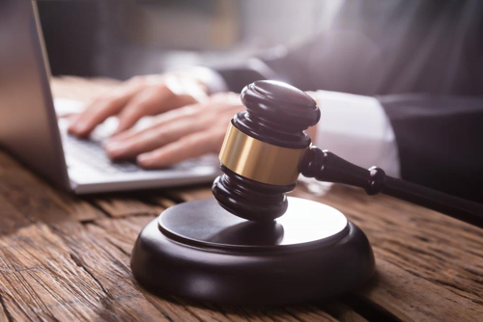Singapore’s legal system places an emphasis on providing everyone with access to justice. If you are charged with committing a crime, it’s important you understand your rights, how the judicial process works and the options that are available to you during this time.
Criminal charges: What it means to claim trial
When you are charged with a crime, you will be required to attend court and submit a plea. If you plead guilty, no hearing is required and you may be given a lesser punishment. However, you can also choose to contest the charges by claiming trial, which is to exercise your right to defend your case in court in front of an impartial judge.
If you claim trial, the court will set a date for your hearing and either release you on bail or keep you in pre-trial custody. Those released on bail can live freely until the hearing begins, but are usually bound to certain conditions such as a ban on international travel or a financial bond that is returned once a verdict is reached.
You can represent yourself throughout the process or choose to hire a lawyer to guide you, explain your rights and help you construct the best possible defence.
Preparing for your defence and the pre-trial conference
There can be a significant delay between when charges are laid and the date of your court hearing. This pre-trial period can last several months and gives time for all parties involved to prepare the evidence they plan to submit. In most cases, a key part of these arrangements is finding and preparing witnesses who can provide testimony in court and support your defence.
The pre-trial conference is held during this period and is one of the most important stages before the hearing itself. Here, the prosecution and defence will meet with the judge to provide progress updates, settle administrative matters and outline the evidence that will be presented.
The day of the trial
Trials for most minor criminal offences will take no more than one day, although they can take longer for more serious and complex charges. At the hearing, evidence will be presented by both sides and witnesses will take the stand. They will be questioned first by the lawyer who called them forward (examination-in-chief), then by the opposing side (cross-examination) before a final questioning from the first lawyer (re-examination). As the accused, you can choose to take the stand or remain silent and rely on other evidence presented.
The end of the trial
Once all evidence has been submitted and every witness has been questioned, each side will present their final arguments to the court. This is delivered as a summary of their case for or against the guilt of the accused and is the last stage of the trial before the judge’s verdict.
Those found guilty will then be sentenced to criminal punishment, which varies based on the nature and severity of the crime, the remorse (or lack of) shown by the accused, the likelihood of reoffending and a number of other factors.
If the judge reaches a verdict of not guilty, you will be free to leave the courthouse and resume normal life at liberty.
Do I need to hire a lawyer?
As mentioned, you have the freedom to represent yourself or seek legal assistance at any point in the process. If you do choose to self-represent, it is your responsibility to:
- Attend all hearings and pre-trial conferences
- Submit required court documents correctly and punctually
- Comply with the rules and procedures of the legal system
- Conduct your own research in order to understand applicable laws and legal principles
There are a range of resources available to self-representing defendants, but hiring a lawyer ensures you are supported by an experienced professional who will:
- Take full responsibility for preparing and submitting evidence and court documents
- Explain your rights and protect them throughout the process
- Establish the best possible defence
- Argue the case on your behalf in court

